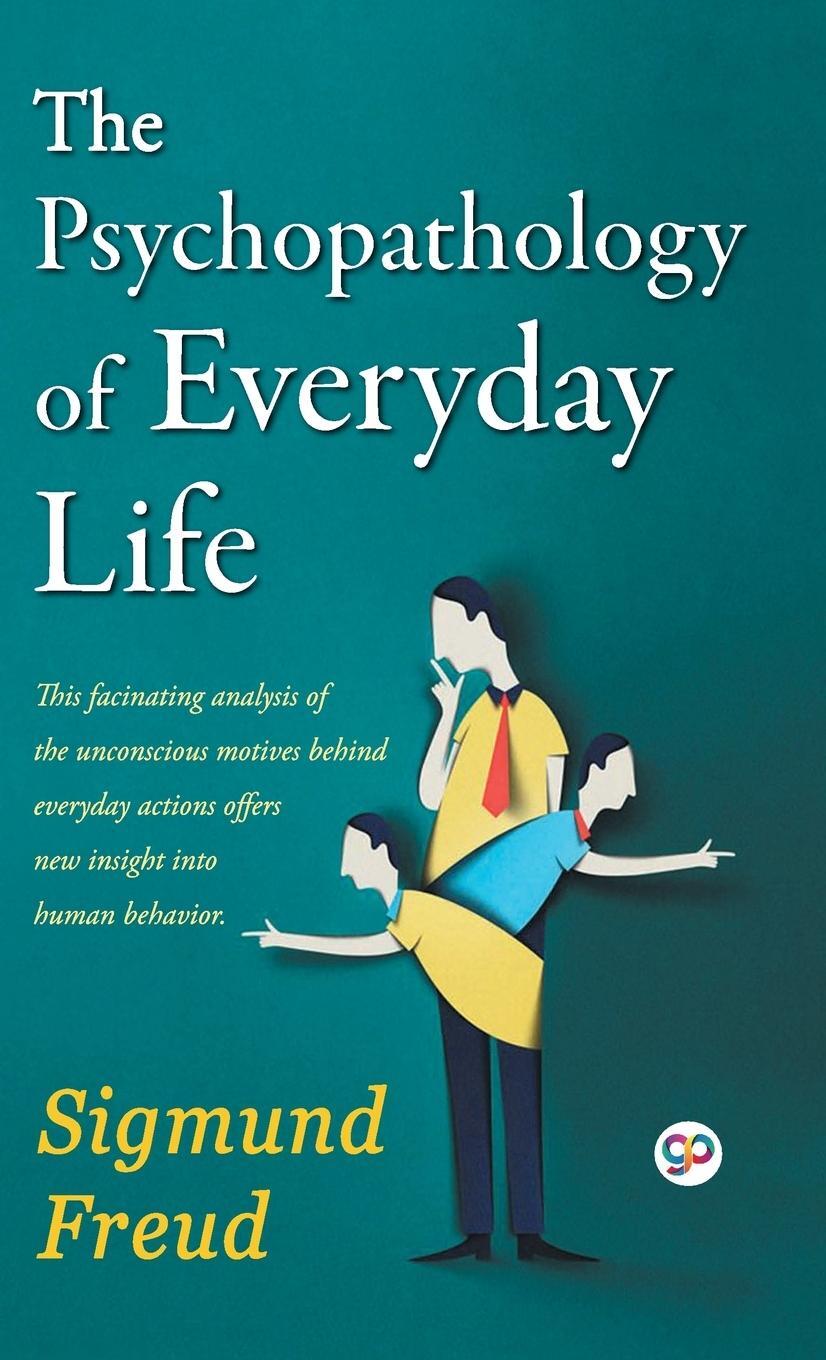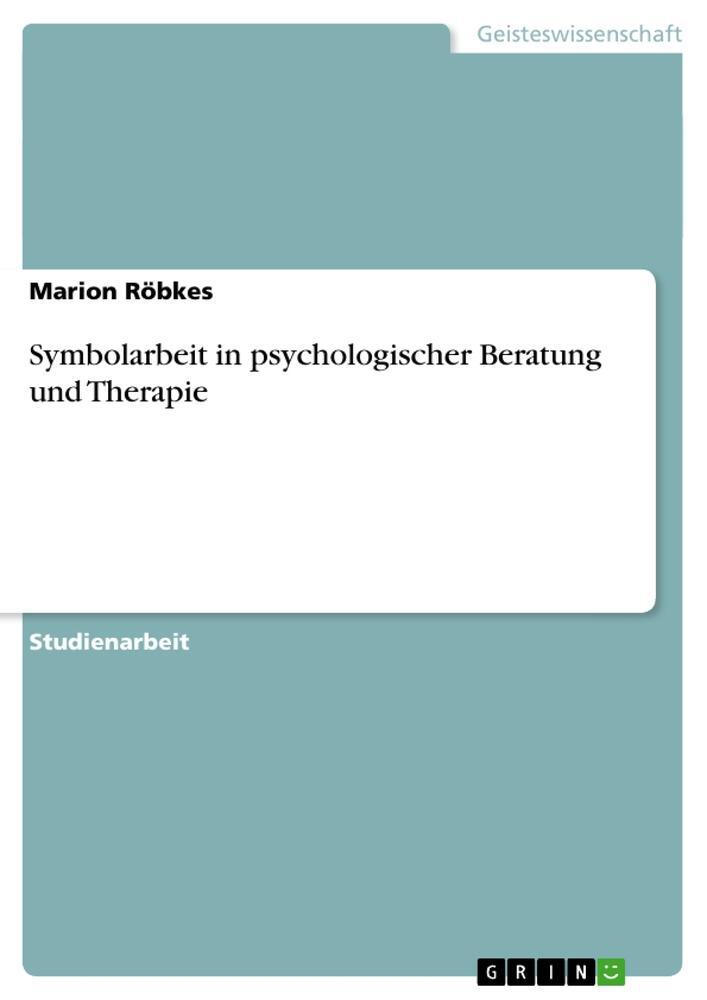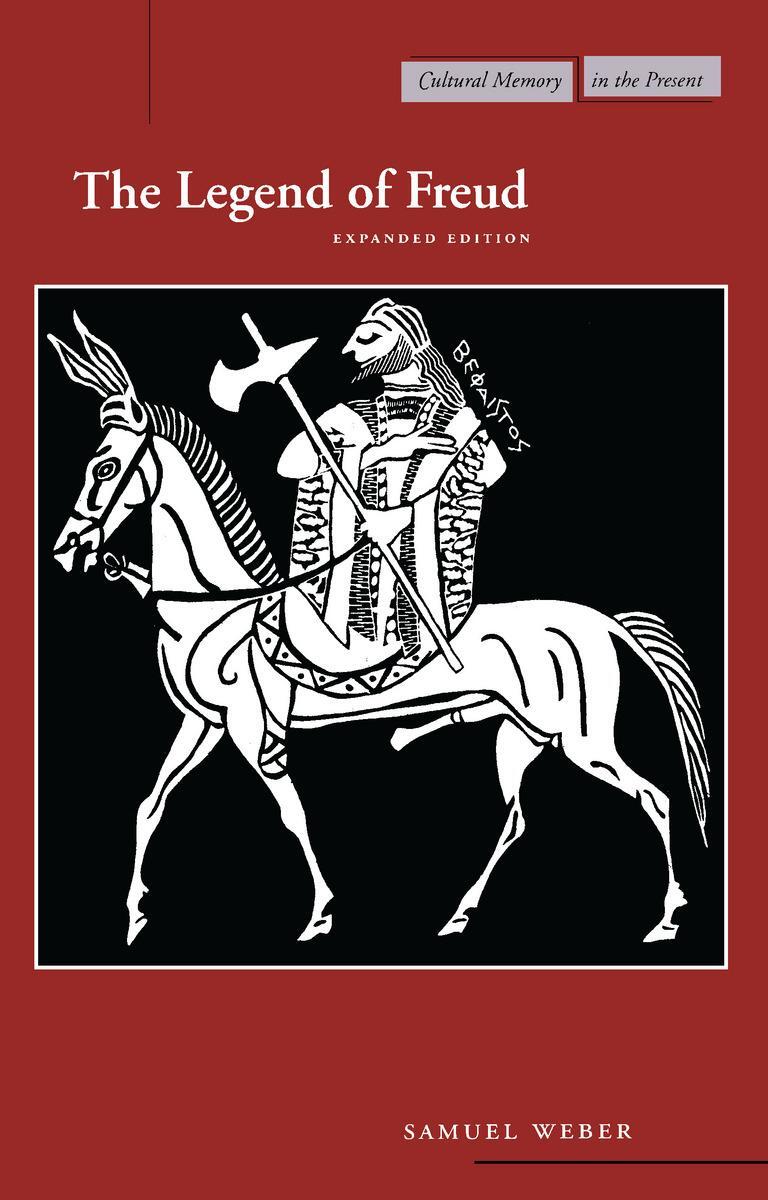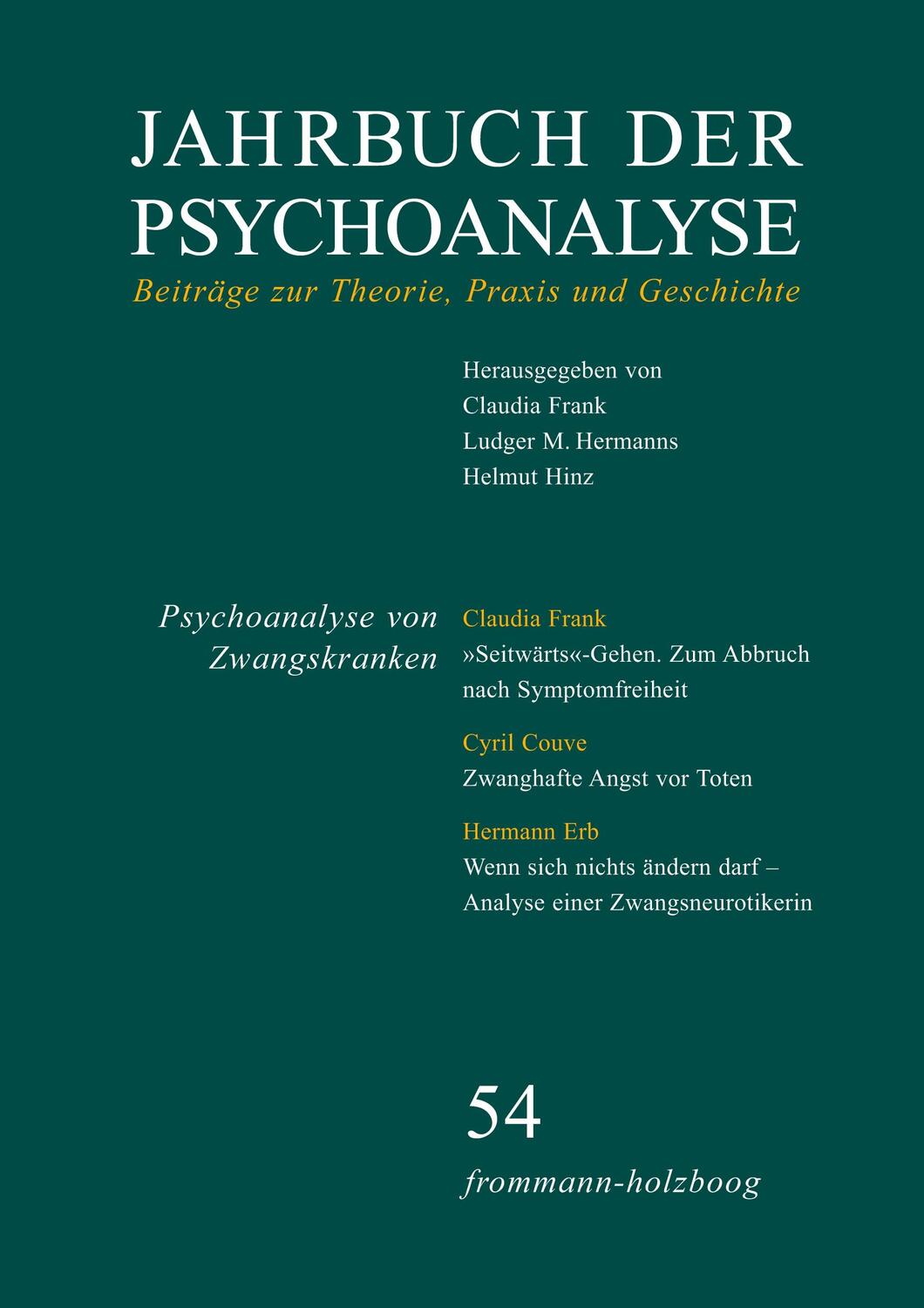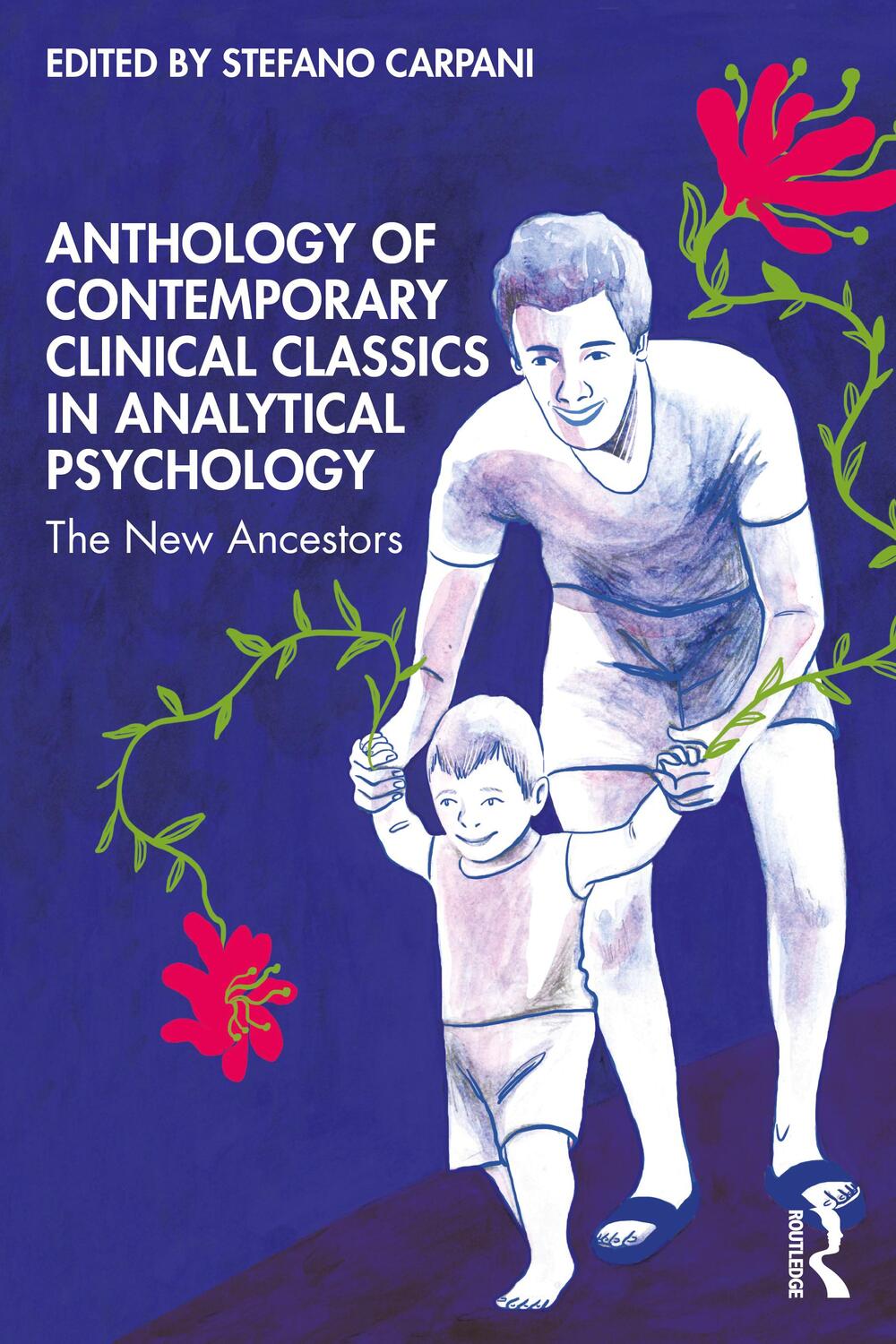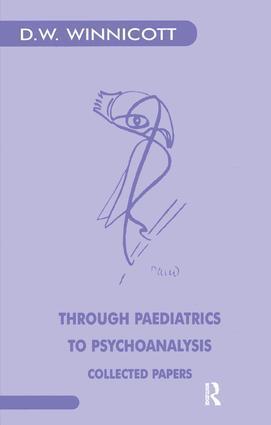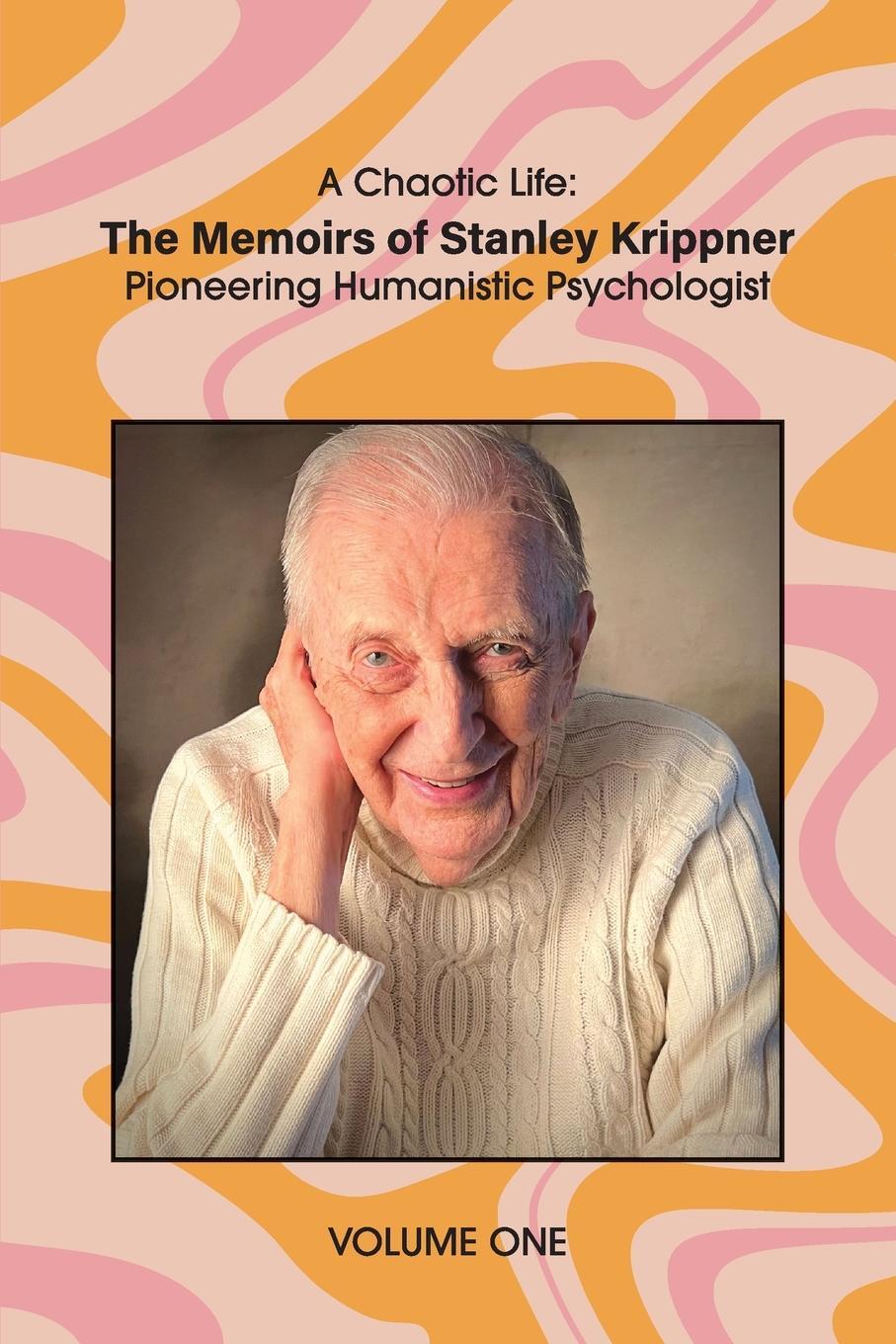Dekorationsartikel gehören nicht zum Leistungsumfang.
Sprache:
Englisch
32,35 €*
Versandkostenfrei per Post / DHL
Lieferzeit 2-3 Wochen
Kategorien:
Beschreibung
Psychopathology of Everyday Life is a 1901 work by Sigmund Freud, based on his researches into slips and parapraxes from 1897 onwards-one which became perhaps the best-known of all his writings. Freud examines the psychological basis for the forgetting of names and words, the misuse of words in speech and in writing, and other similar errors. It is filled with anecdotes, many of them quite amusing, and virtually bereft of difficult technical terminology. Through its stress on what Freud called 'switch words' and 'verbal bridges', it is considered important not only for psychopathology but also for modern linguistics, semantics, and philosophy.
Psychopathology of Everyday Life is a 1901 work by Sigmund Freud, based on his researches into slips and parapraxes from 1897 onwards-one which became perhaps the best-known of all his writings. Freud examines the psychological basis for the forgetting of names and words, the misuse of words in speech and in writing, and other similar errors. It is filled with anecdotes, many of them quite amusing, and virtually bereft of difficult technical terminology. Through its stress on what Freud called 'switch words' and 'verbal bridges', it is considered important not only for psychopathology but also for modern linguistics, semantics, and philosophy.
Über den Autor
Sigmund Freud ( born Sigismund Schlomo Freud; 6 May 1856 - 23 September 1939) was an Austrian neurologist and the founder of psychoanalysis, a clinical method for treating psychopathology through dialogue between a patient and a psychoanalyst.[4]Freud was born to Galician Jewish parents in the Moravian town of Freiberg, in the Austrian Empire. He qualified as a doctor of medicine in 1881 at the University of Vienna.[5][6] Upon completing his habilitation in 1885, he was appointed a docent in neuropathology and became an affiliated professor in 1902.[7] Freud lived and worked in Vienna, having set up his clinical practice there in 1886. In 1938, Freud left Austria to escape the Nazis. He died in exile in the United Kingdom in 1939.In founding psychoanalysis, Freud developed therapeutic techniques such as the use of free association and discovered transference, establishing its central role in the analytic process. Freud's redefinition of sexuality to include its infantile forms led him to formulate the Oedipus complex as the central tenet of psychoanalytical theory.[8] His analysis of dreams as wish-fulfillments provided him with models for the clinical analysis of symptom formation and the underlying mechanisms of repression. On this basis Freud elaborated his theory of the unconscious and went on to develop a model of psychic structure comprising id, ego and super-ego.[9] Freud postulated the existence of libido, a sexualised energy with which mental processes and structures are invested and which generates erotic attachments, and a death drive, the source of compulsive repetition, hate, aggression and neurotic guilt.[10] In his later works, Freud developed a wide-ranging interpretation and critique of religion and culture.
Details
| Erscheinungsjahr: | 2018 |
|---|---|
| Fachbereich: | Allgemeines |
| Genre: | Psychologie |
| Rubrik: | Geisteswissenschaften |
| Thema: | Lexika |
| Medium: | Buch |
| Seiten: | 216 |
| Reihe: | Deluxe Hardbound Edition |
| ISBN-13: | 9789388118231 |
| ISBN-10: | 9388118235 |
| Sprache: | Englisch |
| Ausstattung / Beilage: | HC gerader Rücken kaschiert |
| Einband: | Gebunden |
| Autor: | Freud, Sigmund |
| Hersteller: |
General Press
Deluxe Hardbound Edition |
| Maße: | 222 x 145 x 16 mm |
| Von/Mit: | Sigmund Freud |
| Erscheinungsdatum: | 01.01.2018 |
| Gewicht: | 0,444 kg |
Über den Autor
Sigmund Freud ( born Sigismund Schlomo Freud; 6 May 1856 - 23 September 1939) was an Austrian neurologist and the founder of psychoanalysis, a clinical method for treating psychopathology through dialogue between a patient and a psychoanalyst.[4]Freud was born to Galician Jewish parents in the Moravian town of Freiberg, in the Austrian Empire. He qualified as a doctor of medicine in 1881 at the University of Vienna.[5][6] Upon completing his habilitation in 1885, he was appointed a docent in neuropathology and became an affiliated professor in 1902.[7] Freud lived and worked in Vienna, having set up his clinical practice there in 1886. In 1938, Freud left Austria to escape the Nazis. He died in exile in the United Kingdom in 1939.In founding psychoanalysis, Freud developed therapeutic techniques such as the use of free association and discovered transference, establishing its central role in the analytic process. Freud's redefinition of sexuality to include its infantile forms led him to formulate the Oedipus complex as the central tenet of psychoanalytical theory.[8] His analysis of dreams as wish-fulfillments provided him with models for the clinical analysis of symptom formation and the underlying mechanisms of repression. On this basis Freud elaborated his theory of the unconscious and went on to develop a model of psychic structure comprising id, ego and super-ego.[9] Freud postulated the existence of libido, a sexualised energy with which mental processes and structures are invested and which generates erotic attachments, and a death drive, the source of compulsive repetition, hate, aggression and neurotic guilt.[10] In his later works, Freud developed a wide-ranging interpretation and critique of religion and culture.
Details
| Erscheinungsjahr: | 2018 |
|---|---|
| Fachbereich: | Allgemeines |
| Genre: | Psychologie |
| Rubrik: | Geisteswissenschaften |
| Thema: | Lexika |
| Medium: | Buch |
| Seiten: | 216 |
| Reihe: | Deluxe Hardbound Edition |
| ISBN-13: | 9789388118231 |
| ISBN-10: | 9388118235 |
| Sprache: | Englisch |
| Ausstattung / Beilage: | HC gerader Rücken kaschiert |
| Einband: | Gebunden |
| Autor: | Freud, Sigmund |
| Hersteller: |
General Press
Deluxe Hardbound Edition |
| Maße: | 222 x 145 x 16 mm |
| Von/Mit: | Sigmund Freud |
| Erscheinungsdatum: | 01.01.2018 |
| Gewicht: | 0,444 kg |
Warnhinweis

